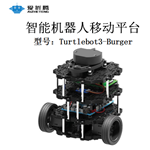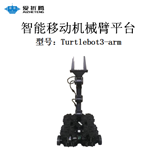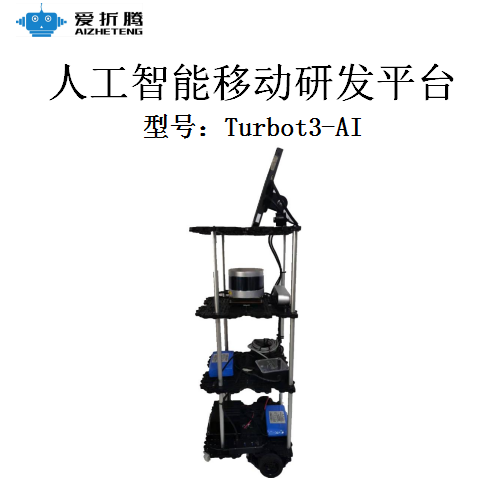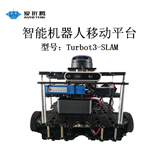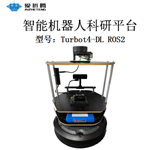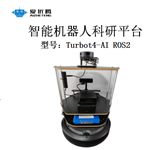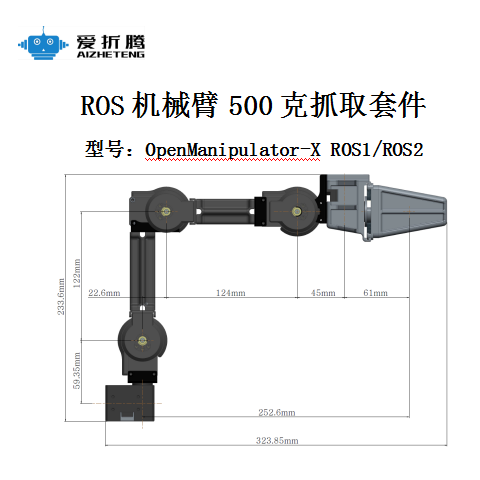Turbot-DL入门教程篇-TensorFlow应用-MNIST例程
说明:
- 介绍如何使用tensorflow实现MNIST例程
环境:
- Python 3.5.2
步骤:
下载MNIST数据集:http://yann.lecun.com/exdb/mnist/
t10k-images-idx3-ubyte.gz
t10k-labels-idx1-ubyte.gz
train-images-idx3-ubyte.gz
train-labels-idx1-ubyte.gz把下载的数据集放到文件夹MNIST_data中
新建文件
$ vim tensorflow_mnist.py
- 内容如下
#!/usr/bin/env python3
# -*- coding: utf-8 -*-
import input_data
import tensorflow as tf
mnist = input_data.read_data_sets("MNIST_data/", one_hot=True)
x = tf.placeholder(tf.float32,[None, 784])
W = tf.Variable(tf.zeros([784,10]))
b = tf.Variable(tf.zeros([10]))
y = tf.nn.softmax(tf.matmul(x,W) + b)
y_ = tf.placeholder("float", [None,10])
cross_entropy = -tf.reduce_sum(y_*tf.log(y))
train_step = tf.train.GradientDescentOptimizer(0.01).minimize(cross_entropy)
init = tf.global_variables_initializer()
sess = tf.Session()
sess.run(init)
for i in range(1000):
batch_xs, batch_ys = mnist.train.next_batch(100)
sess.run(train_step, feed_dict={x:batch_xs,y_:batch_ys})
correct_prediction = tf.equal(tf.argmax(y,1),tf.argmax(y_,1))
accuracy = tf.reduce_mean(tf.cast(correct_prediction, "float"))
print( sess.run(accuracy, feed_dict={x:mnist.test.images, y_:mnist.test.labels}) )
- 执行
pythton3 tensorflow_mnist.py
- 结果如下
Extrackting MNIST_data/train-images-idx3-ubyte.gz
Extrackting MNIST_data/train-labels-idx1-ubyte.gz
Extrackting MNIST_data/t10k-images-idx3-ubyte.gz
Extrackting MNIST_data/t10k-labels-idx1-ubyte.gz
I tensorflow/core/platform/cpu_feature_guard.cc:137 Your CPU supports instructions that this Tensorflow binary was not compiled to use: SSE4.
I SSE4.2 AVX AVX2 FMA
0.9179
- 最终结果应该在91%左右
获取最新文章: 扫一扫右上角的二维码加入“创客智造”公众号


